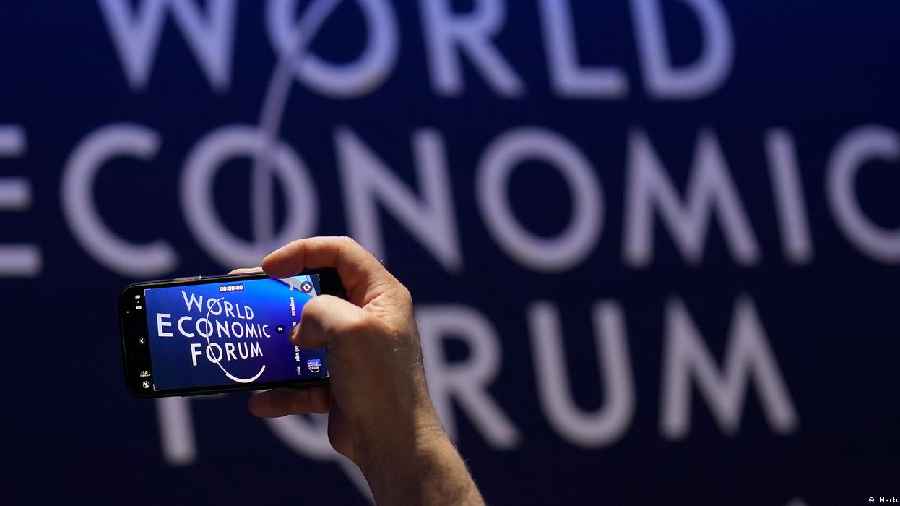Food companies that have increased their profits as inflation surged should pay windfall taxes to help tackle global inequality, anti-poverty group Oxfam said on Monday at the Swiss ski resort of Davos as the World Economic Forum kicks off this week.
The organization asserted that food companies — like energy companies — have used climate change, the surging cost of living, Russia's invasion of Ukraine and the COVID-19 pandemic as an excuse to increase prices for consumers.
Soaring inequality
Oxfam said the world's top 1% gained nearly twice as much wealth as the remaining 99% combined. Meanwhile, 1.7 billion workers live in countries where inflation is outpacing wage growth.
The organization also analyzed 95 companies that posted windfall profits and found that most pass on these profits to shareholders while charging consumers higher prices.
Oxfam executive director Gabriela Bucher told the AP, "The number of billionaires is growing, and they're getting richer, and also very large food and energy companies are making excessive profits,"
"What we're calling for is windfall taxes, not only on energy companies but also on food companies to end this crisis profiteering," she added.
The role of governments
"Pandemics, conflicts and not least the Russian war of aggression have set us back years in terms of poverty, hunger, health and education — while the rich have become even richer," Germany's Development Minister Svenja Schulze told the dpa news agency on Monday.
"If we do not reduce inequality worldwide, we will not be able to overcome these crises," Schulze noted.
At least one country has already implemented a windfall tax similar to what Oxfam has proposed.
For the whole of 2023, Portugal has introduced a 33% tax on food and energy companies that record profits 20% higher than the average of the last four years.
Revenue raised from this windfall tax will go towards welfare programs and to help smaller food retailers.










